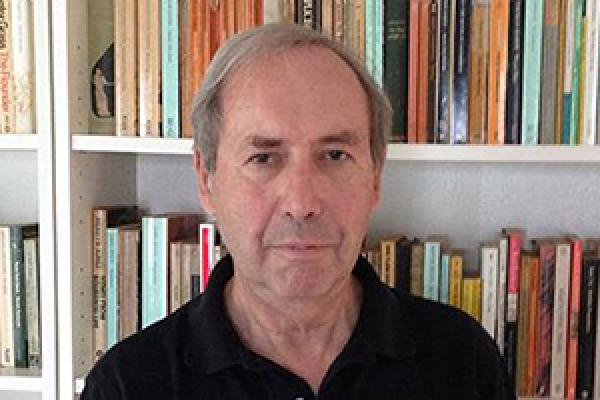
Event Host: COMPAS
Why “difficult”? Of two reasons common to writing and thinking about nature and environment anywhere, the first is the question of how we situate ourselves in relation to the long sweep of environmental change. Too often, an unattractive choice presents itself between older triumphalist narratives of progress and more recent “pessimist” accounts. Examining the German experience might allow us to get beyond that choice.
Secondly, the word "nature," in English as in German, denotes both a projection of human ideas and emotions onto the natural world, and that physical world itself. This is the difference between what the Germans call “nature” and “nature in itself”. Historians should address both. What is distinctive about the German case is the highly charged link between nature conservation and National Socialism – “The Green and the Brown.” Coming to terms with that faces all historians of nature and environment in modern Germany.
David Blackbourn is Cornelius Vanderbilt Distinguished Chair of History, Vanderbilt University. He has taught courses on Western Civilization, modern European and German history, Germany in the World, 1500-2000, the history of religion and popular piety in the nineteenth century, and Max Weber in His Time, as well as graduate seminars that include one on Landscape, nature, and Environment. The author of six books and coeditor of two others, his most recent work, The Conquest of Nature: Water, Landscape and the Making of Modern Germany (2006), won the George Mosse Prize and the Charles A. Weyerhaeuser Prize for Best Book in Forest and Conservation History.
Public Humanities lecture series co-sponsored with the Department of Germanic Languages and Literatures.
